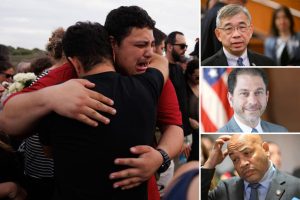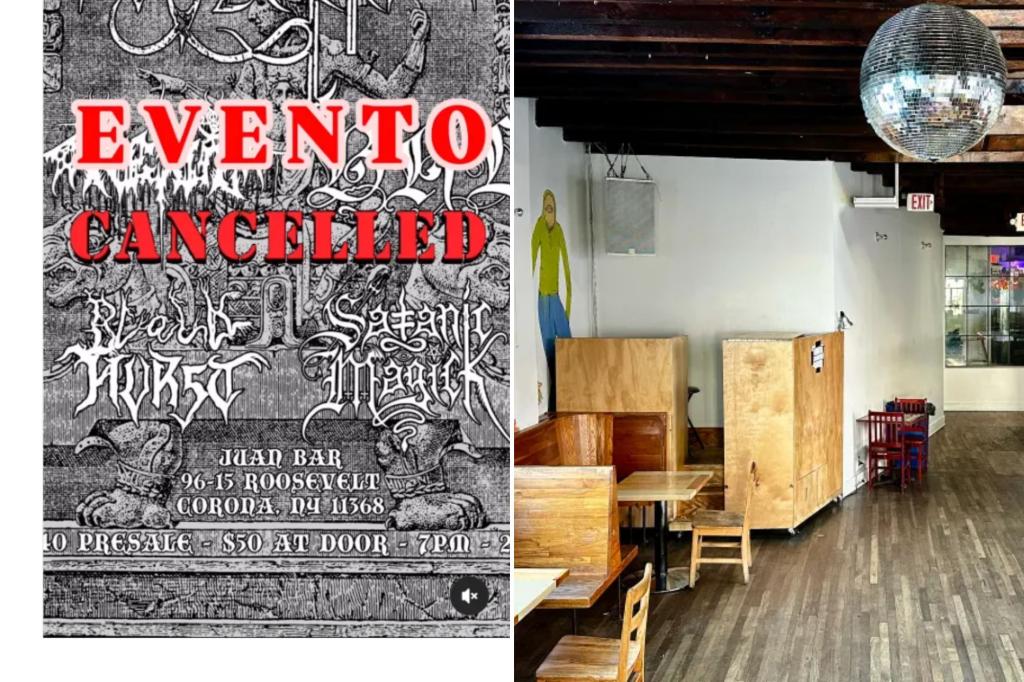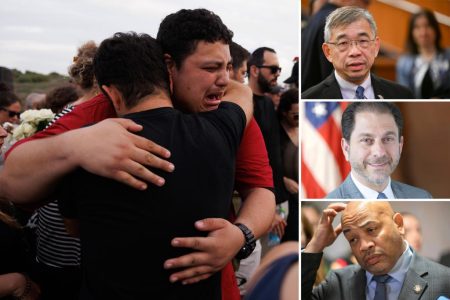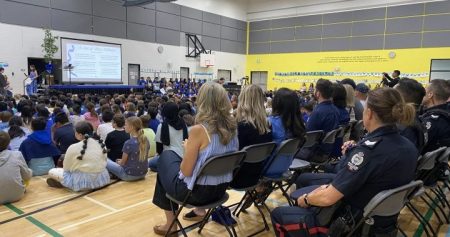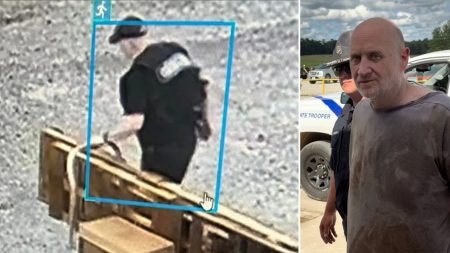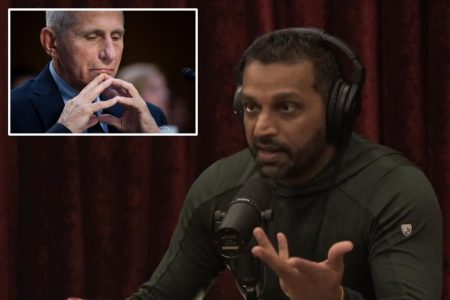Two Queens bars, Juan Bar in Corona and Trans Pecos in Ridgewood, found themselves embroiled in controversy after unknowingly booking bands with alleged ties to neo-Nazism. The bands, Volahn and Zoloa, both feature Eduardo Ramirez, a musician whose associations with known Nazi-affiliated bands and individuals sparked outrage online. Ramirez’s connections include opening for Inquisition, a band with explicit Nazi ties, fronting bands with swastika-like logos, wearing merchandise from the notorious Nazi band Graveland, and being photographed with the co-founder of Wolves of Vineland, a group classified as a neo-Volkisch hate group by the Southern Poverty Law Center. These revelations brought swift condemnation from the online community and prompted both venues to re-evaluate their bookings.
Trans Pecos owner Todd Patrick acted quickly, canceling Zoloa’s show within an hour of the online backlash. Patrick explained that the booking had occurred through a trusted friend who frequently organized punk and hardcore events at the venue. They were familiar with Salvaje Punk, a local band on the same bill, but were unaware of the other bands involved, including Zoloa. The Reddit post exposing Ramirez’s alleged history of neo-Nazi affiliations came as a surprise to Patrick and his staff. After conducting their own research and confirming the concerning connections, Trans Pecos promptly informed the organizers that Zoloa could not perform, leading to the entire event’s cancellation. Patrick emphasized that neo-Nazi ideology directly contradicts Trans Pecos’ values and principles.
Patrons of Nha Minh, the Vietnamese restaurant operating within the Trans Pecos space during daytime hours, expressed disappointment upon learning about the initial booking but praised the venue’s swift action in canceling the event. They recognized the sensitive nature of the issue, particularly in a diverse and inclusive neighbourhood like Ridgewood. One patron suggested the venue exercise increased vigilance in vetting future performers to prevent similar situations. Another patron commended Trans Pecos for doing the right thing by canceling the show, emphasizing that such hateful ideologies have no place in their community.
Juan Bar, the other venue scheduled to host one of Ramirez’s bands, also faced public scrutiny. While multiple attempts to reach the bar’s management for direct comment were unsuccessful, a translated Instagram post from the bar’s account indicated they were not aware of the bands’ alleged Nazi affiliations and only rented the space for events. The post stated that they had reported the subsequent threats received from other bands to the authorities and thanked the individuals who brought the information to their attention. The post reiterated that Juan Bar does not subscribe to any Nazi ideology.
The bands involved, Volahn and Zoloa, along with Eduardo Ramirez himself, did not respond to requests for comment. Ramirez has neither confirmed nor denied the allegations directly. However, online commentators and Trans Pecos owner Todd Patrick pointed to Ramirez’s appropriation of Latin American symbols, specifically the manipulation of the Mesoamerican swastika to resemble the Nazi symbol, and his replacement of the Nazi eagle with a Mesoamerican eagle in similar iconography. Patrick also highlighted Ramirez’s participation in events alongside well-known white supremacist artists, suggesting a deliberate association with such individuals.
Further solidifying the concerns surrounding Ramirez was his involvement in Oakland’s Never Surrender festival in 2019. This event was labelled a “Nazi fest” by local activists who protested its occurrence. Patrick described the festival organizers as open Nazis and racist skinheads, leaving little room for doubt about the event’s nature. This association further cemented the perception of Ramirez’s troubling ideological leanings.
The controversy generated significant discussion among local music enthusiasts. Edwin Santacruz, a frequent attendee of Trans Pecos shows, expressed strong disapproval of the use of swastikas and praised the venue’s decision to cancel the performance. He acknowledged that while some might see a gray area, he does not, emphasizing the seriousness of such symbols. Santacruz urged the bands and Ramirez to address the allegations publicly to clarify their stance and potentially salvage their musical careers, acknowledging that they are now under scrutiny and their reputation has been significantly impacted.
This incident underscores the challenges venues face in vetting performers and the importance of remaining vigilant against hate speech and extremist ideologies. While both venues ultimately cancelled the performances, the controversy highlights the need for increased awareness and proactive measures to prevent platforms from being used to promote hateful ideologies. The incident also sparked a broader discussion about the responsibility of venues and the music community to actively combat extremism and create inclusive spaces. The swift community response and the venues’ actions underscore the importance of collective action in challenging hate speech and protecting vulnerable communities.

